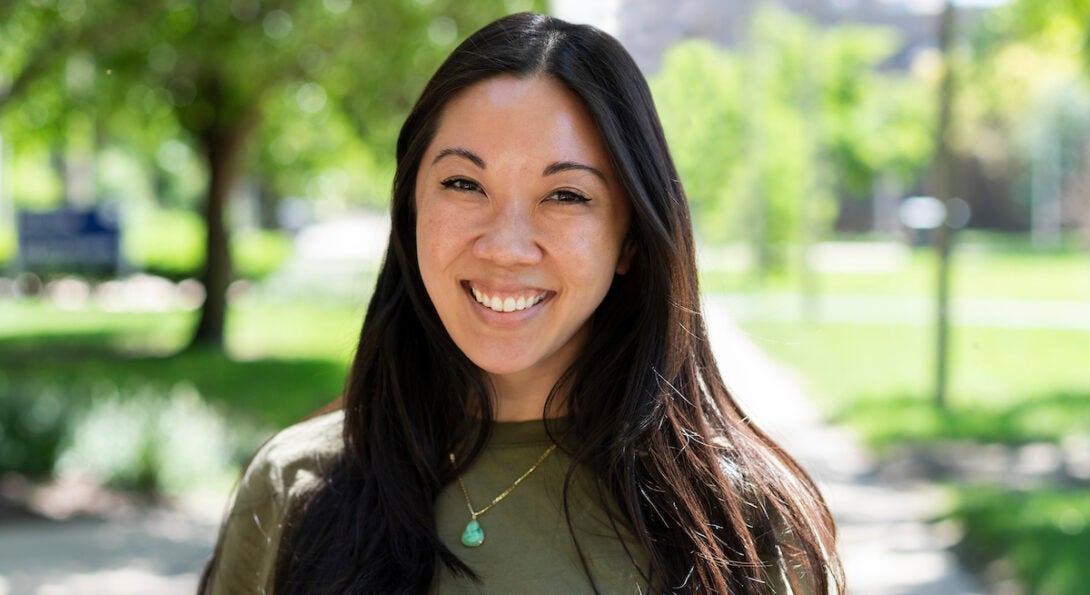Using psychology to find your identity within a community

Interview with Loretta Hsueh, PhD
Name: Loretta Hsueh, PhD
Department: Psychology (Clinical psychology area)
How did you become interested in your field of psychology?
The interest came organically and by luck. I grew up in a racially diverse area and was exposed at an early age to how your life opportunities are shaped by race and racism. As a child of immigrants, I didn’t yet have the language to name the phenomena but I had a vague knowledge that psychology was the study of people and their behaviors. I was privileged to go to a public high school with a decent number of AP (advanced placement) courses, so I took AP Psychology and found it interesting enough to declare it as a major when applying to colleges. I cannot stress enough how I didn’t know what I was doing when applying to college or choosing college—it was pure “this will do” spirit that landed me in a psych major. It wasn’t until about my third year of college, in a Cultural Psychology course taught by a Korean American woman social psychologist, that I saw psychology be applied to the questions I had as a child—how does cultural variation impact interpersonal relationships? What is the function of discrimination? This class was my lightbulb moment when I became earnestly invested in my education and in the field of psychology. I owe a lot to that class and I owe a lot to that professor for helping me see “me” in the field.
How do you prepare students for their future careers?
Right now, a major part of my role involves mentoring undergraduate to doctoral-level graduate students. This may go against the advice of some of my colleagues, but I try to prepare students less for their future careers and more for their next direct step. This is largely because I personally have never done well with the five-year, ten-year plan structure. There are too many interesting paths that I do not know about, or that haven’t even been developed yet, and sometimes the further you go the more doors there are. I say go with what makes sense in the broader context of your life—because life does come first. But I don’t promote recklessness. I want my mentees to leave with the fundamentals to make good decisions and have lots of choices. Whatever they choose is ultimately up to them.
If you could give your freshman year self one piece of advice, what would it be?
The year is 2007 and you are 18. Please create a habit of stretching and please wear more sunscreen. Also, in two years, they will release the HPV vaccine and your college will be one of the first to offer it. You do the first shot but don’t complete the series because it was wildly painful and no one sat you down to explain what it was for. It’s for preventing certain strains of cancer—a real gamechanger.